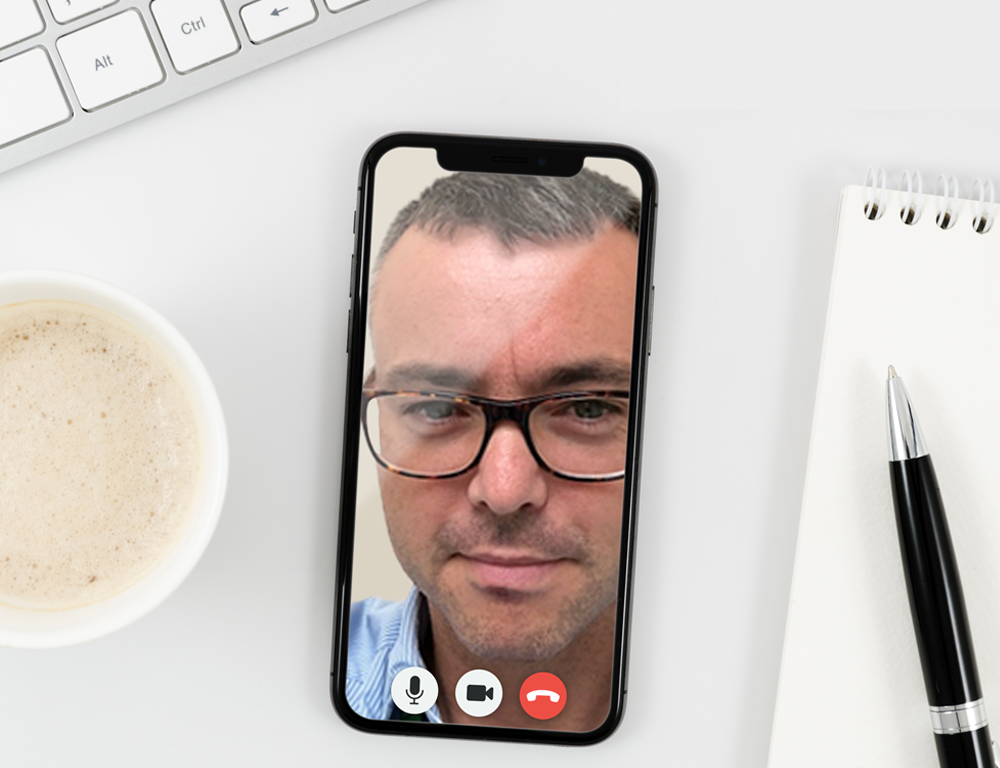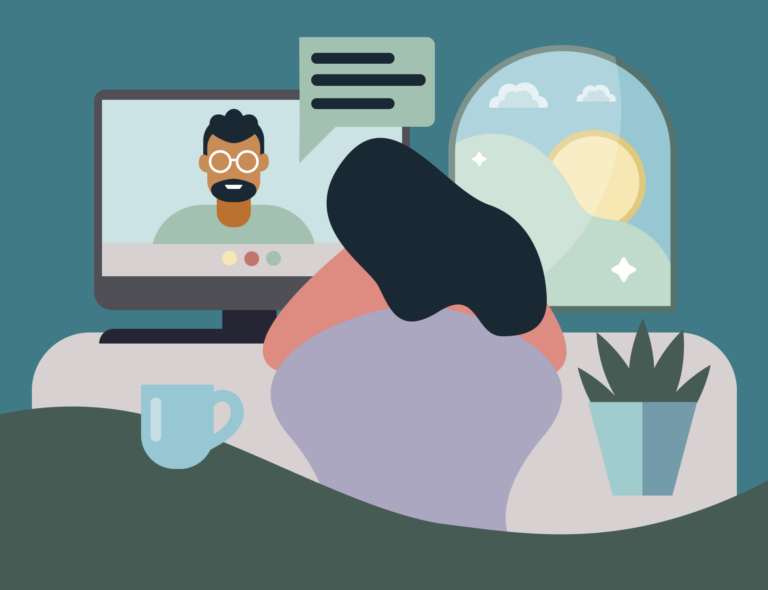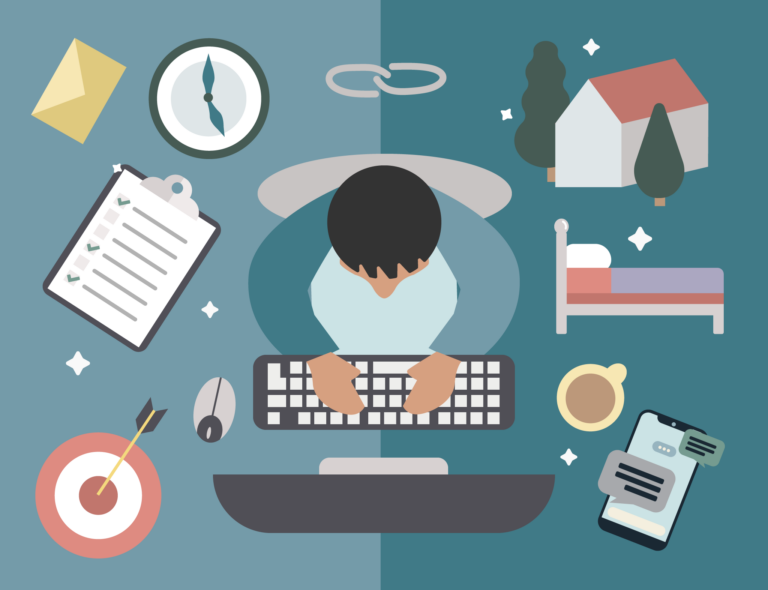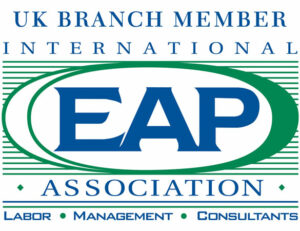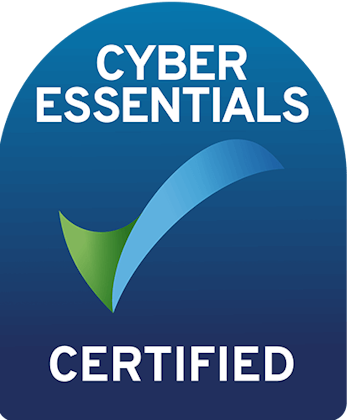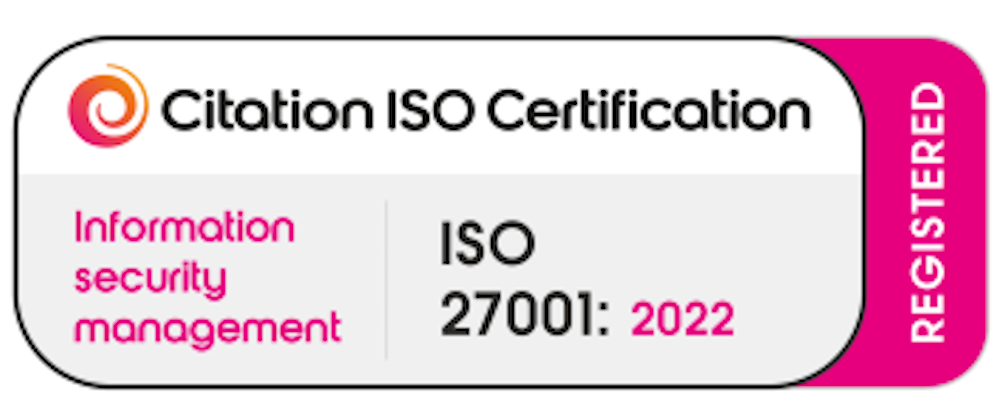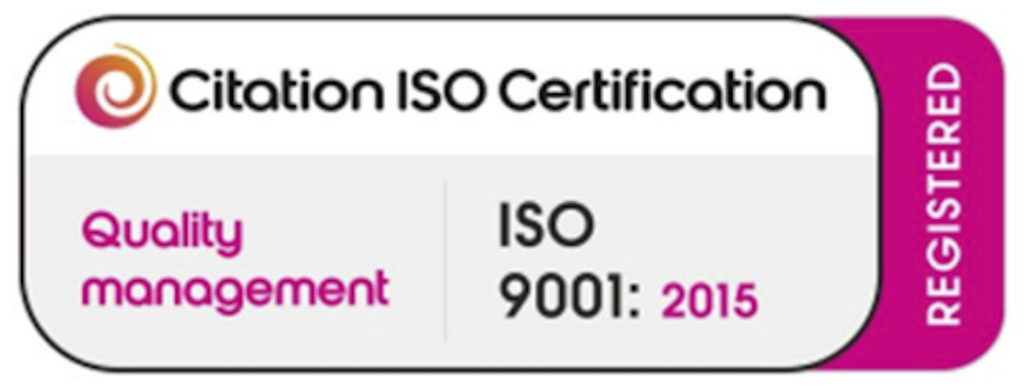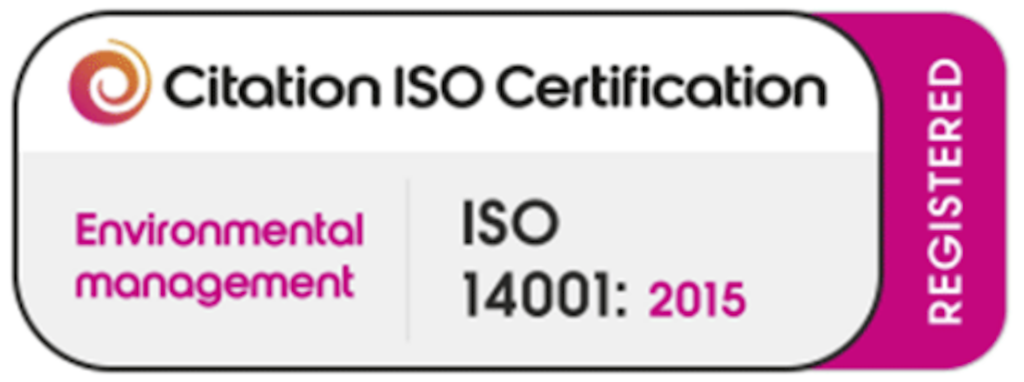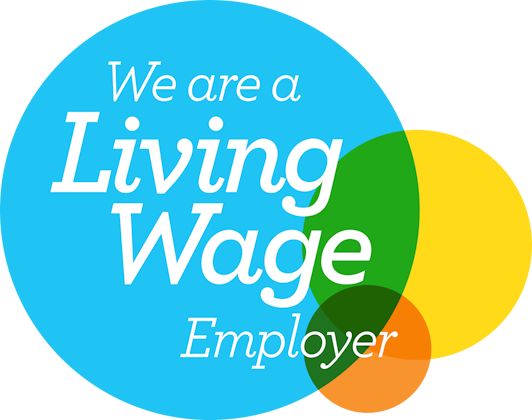Hi James, what is your role at Mynurva?
I currently work as a clinical advisor and the risk and safeguarding lead.
How long have you been working with Mynurva?
I started in November 2020 through an agency. Recently I have been taken on permanently, and I start on Monday. Yay!
What attracted you to Mynurva?
Initially it was the flexibility, as you can schedule your time and provide appointments at specific times. Mynurva is relatively a new company, this allows me to create support for a variety of different projects.
What is the company culture like at Mynurva?
The general culture is that of kindness, respect, and clinical excellence. There is a high level of expertise and experience within the team. We can all still collaborate on an online platform. Clinicians are always welcome to speak to us, as we are here to support them.
Why do you like working at Mynurva?
Everything is online, because of the lockdown -I began to appreciate and really enjoy working online. I now have the time to go for a walk or see my friends at home. I really enjoy working online, as it has so many added benefits. Plus, I do not have to commute through London now!
What was most surprising to you about Mynurva?
How professional everyone is, the team are lovely to work with. It is because of the distance between us, I think as we all try harder to stay connected. The management team is great, they are a joy to work with. Mynurva continues to grow, and we continue to improve and build service for psychological care.
Why did you decide to work within the healthcare sector?
I used to work within Financial Services, I used to manage accounts, and worked on the London stock exchange. Many people I worked with used to say to me, “you would make good as a counsellor.” So I took a risk and followed my heart to my dream job of being a CBT Therapist.
Because I am a Buddhist, I genuinely want to help people. By becoming a therapist, it added meaning and is a more fulfilling experience that allows me to help many people on a deeper level. There are a lot of freedoms to working as a therapist as well, you’re not stuck to certain hours.
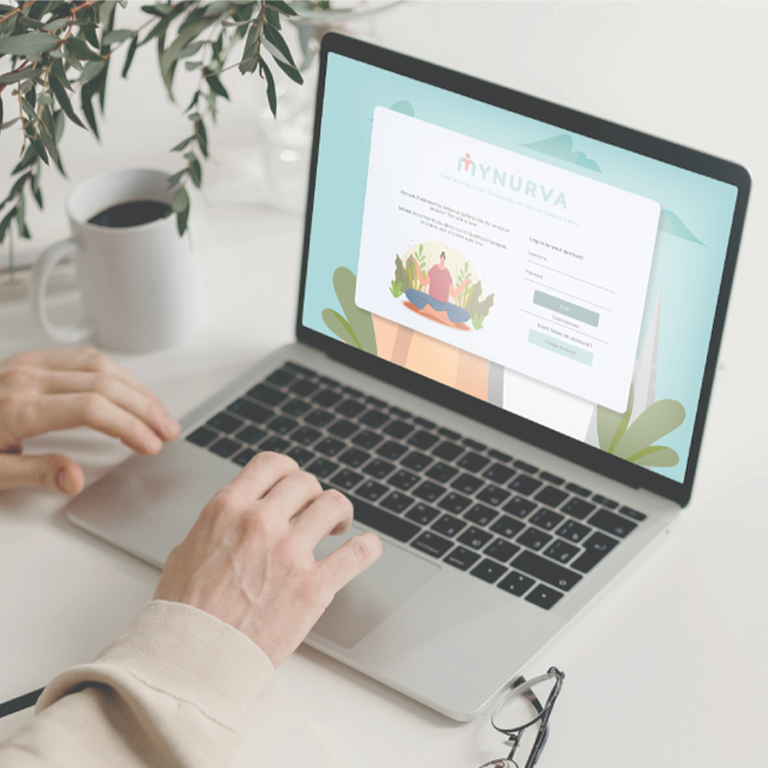
What skills and experience do you bring to your role?
So, I have worked in the finance industry for fifteen years, which allowed me to grow my problem-solving skills.
By working within financial services, I am very client-focused. Everything is about the client, so I bought that understanding of how to communicate with clients effectively into my role at Mynurva. My experience also allows me to resolve various problems and handle confidential information.
From a clinical standpoint, I have worked within various IAPT services within the NHS up and down the country. This experience has allowed me to work with different client populations. My previous role was working with Grenfell Health and Wellbeing Service and the community of Grenfell, so I was dealing with a variety of people who have complex conditions such as PTSD, and a lot of bereavement cases. I have a wide range of experience such as CBT, Trauma, Grief therapy, and Narrative Exposure Therapy.

What are your main responsibilities within your role?
I act as a clinical advisor to our operations manager for all clinical decisions. I am responsible for creating and updating procedures for both risk and safeguarding. Creating policies and forms that our therapists will need. I help build the infrastructure of Mynurva including our psychological wellbeing practitioners, our CBT therapists, and counsellors. We are supporting the infrastructure to ensure it is clinically effective, responsible, and safe.
What are your biggest strengths?
My enthusiasm and my problem-solving ability. I am a very positive person, and my enthusiasm always shines through. When I am committed to a project, I am all in, 150%. My problem-solving are an important asset within therapy.
What projects/ tasks are you managing?
I am continually implementing the risk and safeguarding procedures which are very extensive. I am also ensuring our clinicians have adequate training. This means I will be asking clinicians to think about client problems and complexities, and to come up with evidence-based treatment plans that are suited to the client.
What skill would you like to develop or improve?
My leadership skills are important, as being a leader is very different from being a senior clinician. This is a growing team, knowing how to be a good effective leader is vital. I want to keep learning, growing, and doing my best to help Mynurva grow and manage the team going forward.
What is the most challenging project you ever organised and executed?
When the Grenfell tower fire tragedy happened, I took on to a team called Take Time to Talk. I was one of the many clinicians who helped build, set up, and grow a service – which is now known as Grenfell Health and Wellbeing Service. I was working long hours from 8am to 8pm, trying and create policies, and ways of assessing clients. I also took on the project to help set up interpreter services because there are many people in Grenfell who speak multiple different languages.
What do you like best about working from home?
I no longer have to commute to work all the time. I like the fact I can be in the house. It was difficult at first, but I soon adapted and now really enjoy working collaboratively with the Mynurva team online. I have the option to meditate at lunchtime as I live in a Buddhist centre.
What advice would you give to others who also work from home?
Understand the boundaries between work and life balance. If you are working from home, have a place set up that is dedicated to working only. You need to add more into your self-care routine, like making sure you go out for a walk.
It is advisable to practice relaxation techniques for stress management. Before you finish work it’s helpful to write a problem list, so any work-related issues can be allocated to that list. This helps you to move on from worrying about work and gives you time to relax.

